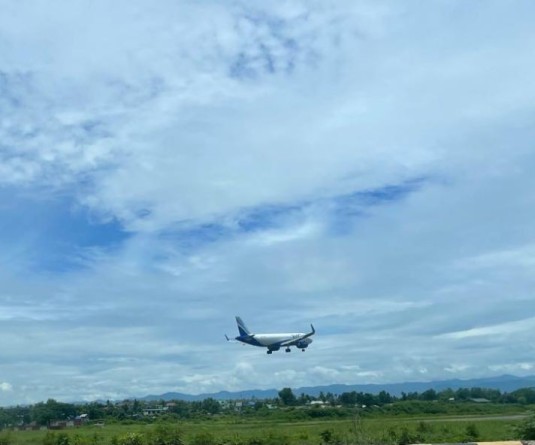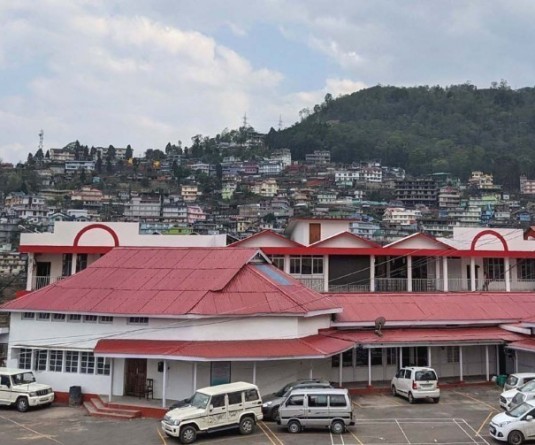
Makes representation to CCMG for review
Chümoukedima, August 20 (MExN): The Chümoukedima District Village Councils’ Association (CDVCA) has called for an urgent review of the Ceasefire Ground Rules, alleging rampant misuse of designated camps, open display of arms in public, and other violations that create fear and insecurity among civilians.
In a representation submitted to the Chairman of the Ceasefire Monitoring Group (CFMG), the Association, consisting of all village Councils of Chümoukedima, pressed for stricter enforcement and amendments to ensure that the ceasefire agreements are not exploited for unlawful activities.
Among others, the CDVCA pointed out that the designated camps of the Naga Political Groups (NPGs) which have entered into Ceasefire Agreements with the Government of India (GoI) have been frequently misused by the NPGs.
It further alleged that these camps “have been converted into safe havens for those who have perpetrated criminal activities, and the law-enforcing agencies are ostensibly barred from entering these premises.”
The Ceasefire Supervisory Offices of NPGs, often located in the heart of populated areas, have often been used for “illegal detention of civilians abducted for ransom or extortion,” it maintained.
There is also a wrong perception that that these premises are inviolable by the law enforcing agencies and that their illegal activities are covered by the Ceasefire Ground Rules, it added.
In this connection, the CDVCA demanded that amendment of Ceasefire Ground Rules to ensure that the CFMB/CFMG can “authorise/enable the Police to raid or conduct searches in these premises” upon receipt of verified information that these camps are “harbouring criminals, or are being used as illegal detention centres.”
The amendment should also include removal of Ceasefire Supervisory offices of NPGs from civilian or populated areas, it said.
A full-proof mechanism be worked out so that the designated offices are not misused in any manner, and that the Ceasefire Ground Rules are strictly adhered to in letter and spirit, it added.
The CDVCA also noted that functionaries of the NPGs move around in public places openly displaying arms accompanied by bodyguards armed with sophisticated weapons.
This creates fear psychosis in the minds of the general public and also sort of legalises the unsavory activities of the functionaries as well as creates a false sense of invincibility and emboldens them to “perpetrate illegal activities with impunity,” it held.
Card holders and their personal security officers (PSOs) or bodyguards must conceal their weapons, it added.
The Association further argued that details of card holders should be made public and issued sparingly, as many treat them as a “license by the Government of India to do whatever they want.”
It further pointed out that many cadres of NPGs under ceasefire with the GoI are “wanted in many criminal cases” by Central agencies and the State Police, with some facing non-bailable warrants.
However, it observed that once wanted cadres enter into ceasefire or join an NPGs already in agreement with the GoI, their past crimes appear to be overlooked and ‘laundered.’
Thus, the CDVCA underscored the need for a mechanism to bring offenders to justice.
It further argued that providing security cover to the leaders of the various NPGs by the State Police does not make sense as it not only depletes resources but also demoralises the police personnel.
Most of these functionaries are card holders and have their own security arrangements, it added.
The CDVCA also asserted that all NPGs which are in Ceasefire must cease recruitment of cadres as many join to “extort or indulge in illegal activities.”
The NPGs must also “desist from procuring arms and ammunitions since they are professedly working to bring a final solution to the Naga political problem,” it maintained.
Fresh recruitment and procurement of arms and ammunitions gives the impression that they are preparing to fight another day, it added.





